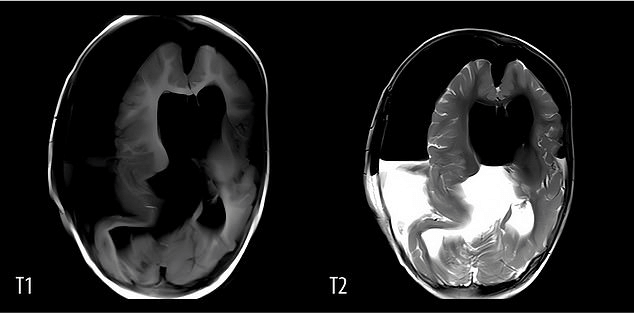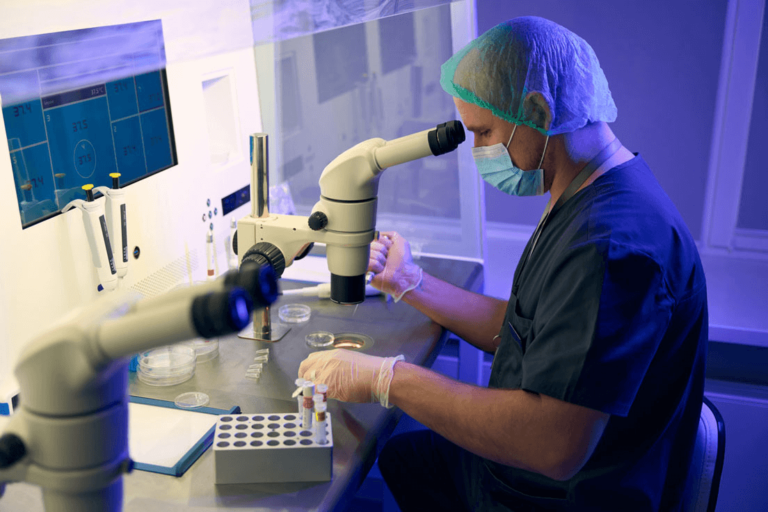Understanding Sperm Antibodies and Their Impact on Conception

When struggling to conceive, many couples may encounter an issue they’ve never heard of: sperm antibodies. These antibodies can be present in both men and women, affecting their chances of pregnancy. Essentially, sperm antibodies are proteins that attack sperm, hindering their ability to fertilize an egg.
What Are Sperm Antibodies?
Sperm antibodies are immune proteins that mistakenly identify sperm as harmful invaders and attack them. While commonly known to occur in women, men can also produce antibodies that target their own sperm within their semen.
How Do Sperm Antibodies Affect Fertility?
Sperm antibodies interfere with fertility in several ways, ultimately preventing sperm from reaching and fertilizing an egg. Here’s how they work:
- Impaired Movement:
- Antibodies attach to sperm, reducing their motility and preventing them from swimming effectively toward the egg.
2. Clumping:
- Sperm may clump together due to the presence of antibodies, making their movement unproductive and too slow for successful fertilization.
3. Health Decline:
- Sperm affected by antibodies may become unhealthy and incapable of fertilizing the egg.
Prevalence and Detection
Approximately 10% of couples experiencing infertility have issues related to sperm antibodies, though only about 1% of infertility cases are solely due to this problem. Often, couples remain unaware of sperm antibodies as a potential issue, leading to confusion and frustration during their journey to conceive.
Also read: Is Morning Sickness Really A Good Sign?
Treatment and Solutions
Fortunately, there are effective treatments for couples facing sperm antibody issues. Medical interventions can help overcome this obstacle, allowing many couples to achieve pregnancy. Here are some common solutions:
- In Vitro Fertilization (IVF):
- IVF is a common treatment where a single sperm is directly injected into an egg, bypassing the antibody problem.
2. Intracytoplasmic Sperm Injection (ICSI):
- ICSI, a specialized form of IVF, involves injecting a single sperm directly into an egg, ensuring that the antibodies do not interfere with fertilization.
Hope for the Future
Dealing with sperm antibodies can be challenging, but it’s not an insurmountable barrier to parenthood. With the right medical support and persistence, many couples successfully overcome this issue and go on to have healthy pregnancies. Working closely with fertility specialists and staying informed about treatment options can make a significant difference.
Conclusion
Sperm antibodies can impact fertility, but they don’t have to derail your dreams of having children. With advancements in medical treatments like IVF and ICSI, many couples can overcome this challenge and achieve successful pregnancies. Understanding the role of sperm antibodies and seeking appropriate medical advice are crucial steps in navigating fertility issues and working towards a healthy pregnancy.
Also read: Is It Possible To Have Too Much Sex When Trying To Get Pregnant?






